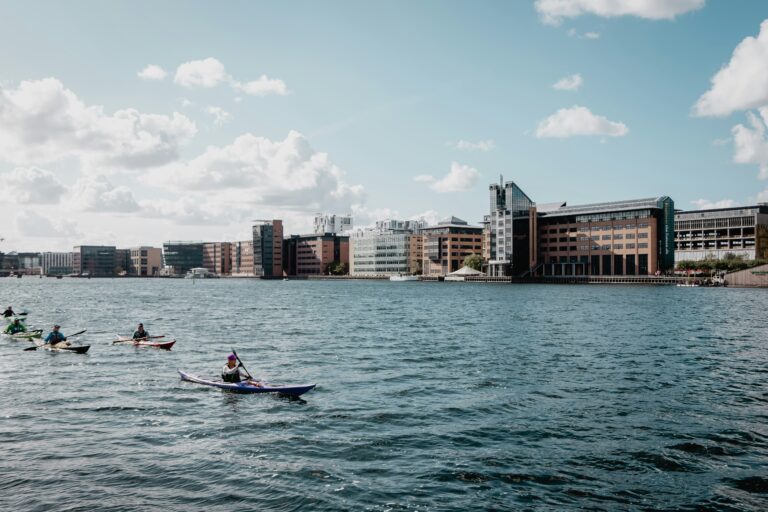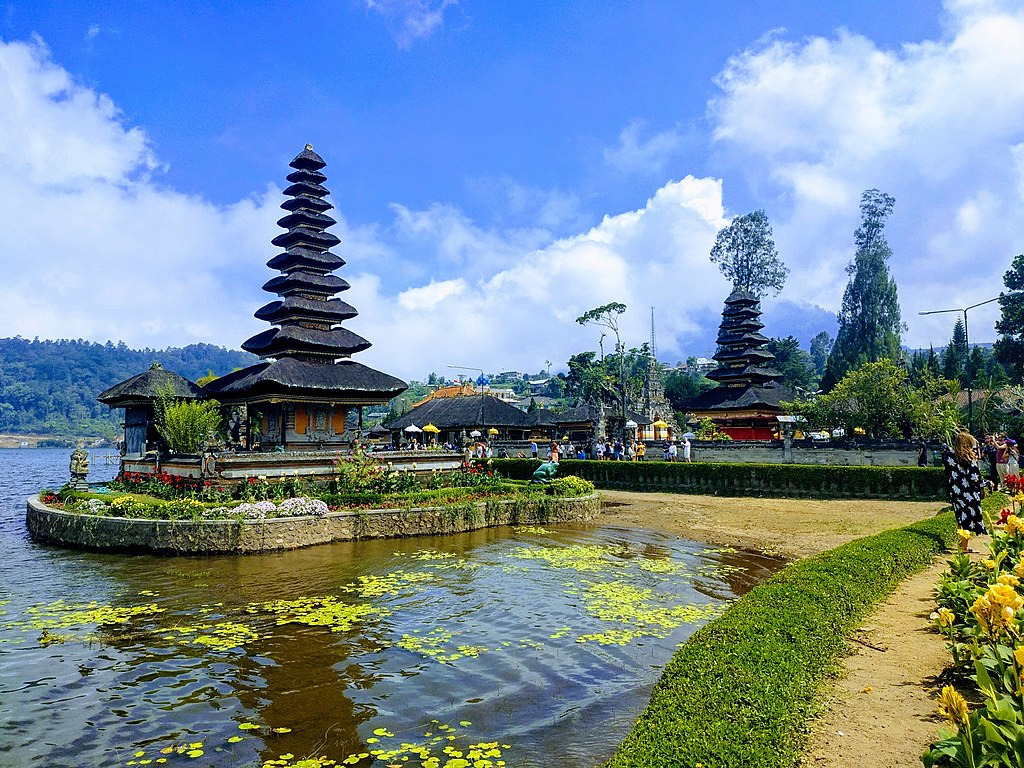Historically, event success has been measured by attendance figures, budget efficiency, and smooth operations. Yet, the landscape has shifted, and today’s events demand emotional resonance, meaningful connections, and genuine attendee wellbeing.
The World Happiness Report identifies key elements driving happiness: social connections, health, personal freedom, generosity, and institutional trust. Here’s how these insights translate practically into event planning:
- Choosing Happier Destinations
Cities leading in happiness, such as Helsinki, Zurich, and Copenhagen, emphasise sustainable infrastructure, community engagement, and green spaces. These aspects significantly enhance attendee experiences by reducing stress and fostering satisfaction.
When selecting destinations, consider walkability, sustainability, cultural vibrancy, and access to nature—each contributing to attendees’ overall happiness.
- Facilitating Meaningful Connections
Despite digital connectivity, global loneliness continues to rise. Events present a unique opportunity to tackle this issue.
Reimagine networking sessions—implement facilitated conversations, wellness breaks, communal dining experiences, or social impact initiatives. Such activities transform typical interactions into authentic, meaningful connections.
- Embracing Biophilic Event Design
Biophilic design, incorporating natural elements into event spaces, significantly reduces stress and enhances mental clarity. Nations high on the happiness index already leverage these design principles in urban planning.
Choose venues featuring natural lighting, greenery, fresh air, and varied sensory experiences. Indoor spaces can incorporate botanical displays, nature-inspired décor, or immersive soundscapes.
- Prioritising Inclusive Experiences
The World Happiness Report highlights inclusivity and equality as essential for societal happiness. Inclusive event design not only meets ethical responsibilities but significantly enhances attendee satisfaction.
Focus on diverse speaker line-ups, accessible venues, gender-neutral amenities, inclusive catering options, and culturally sensitive programming to create genuinely inclusive experiences.
- Creating Purpose-Driven, Sustainable Events
Purposeful experiences deeply resonate with attendees, especially younger generations who value meaningful engagements. Events that incorporate Corporate Social Responsibility (CSR)—such as community outreach, environmental projects, or partnerships with social enterprises—deliver enhanced emotional impact.








